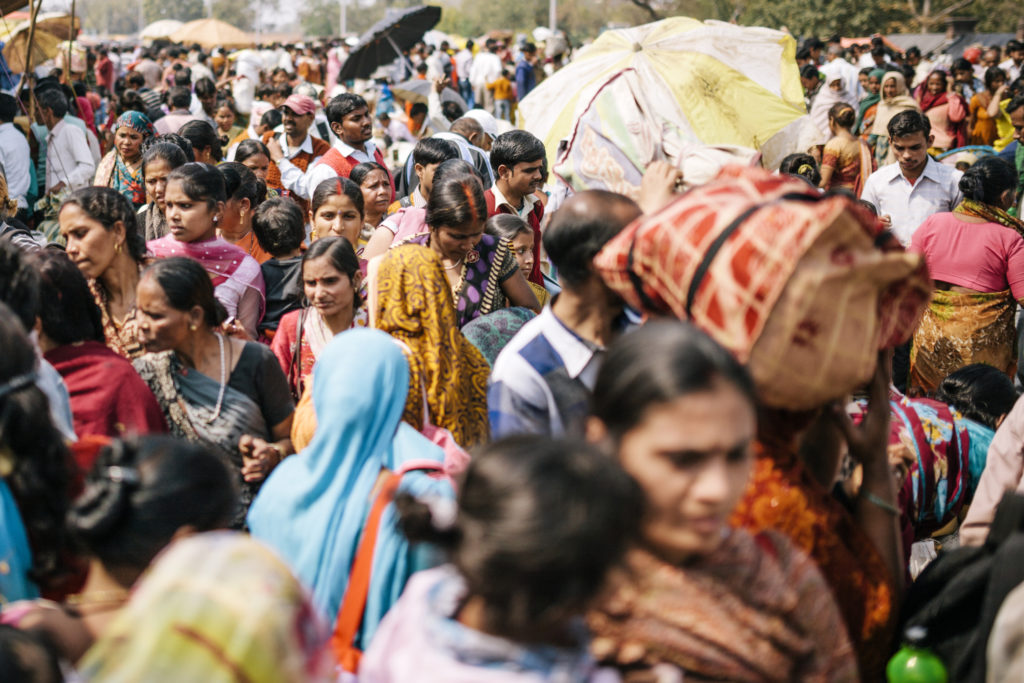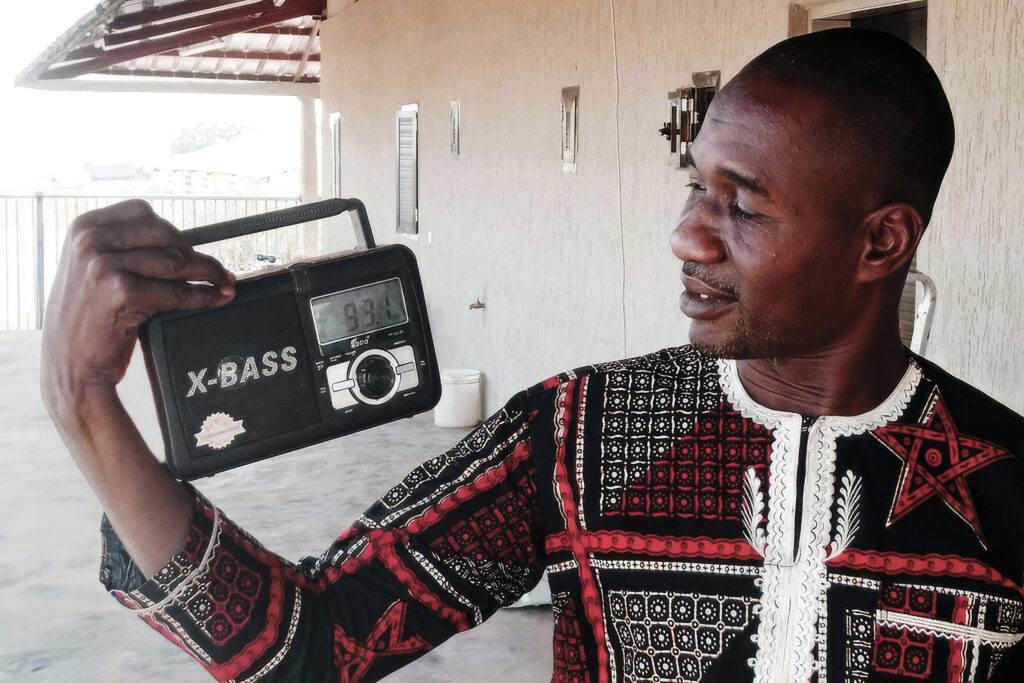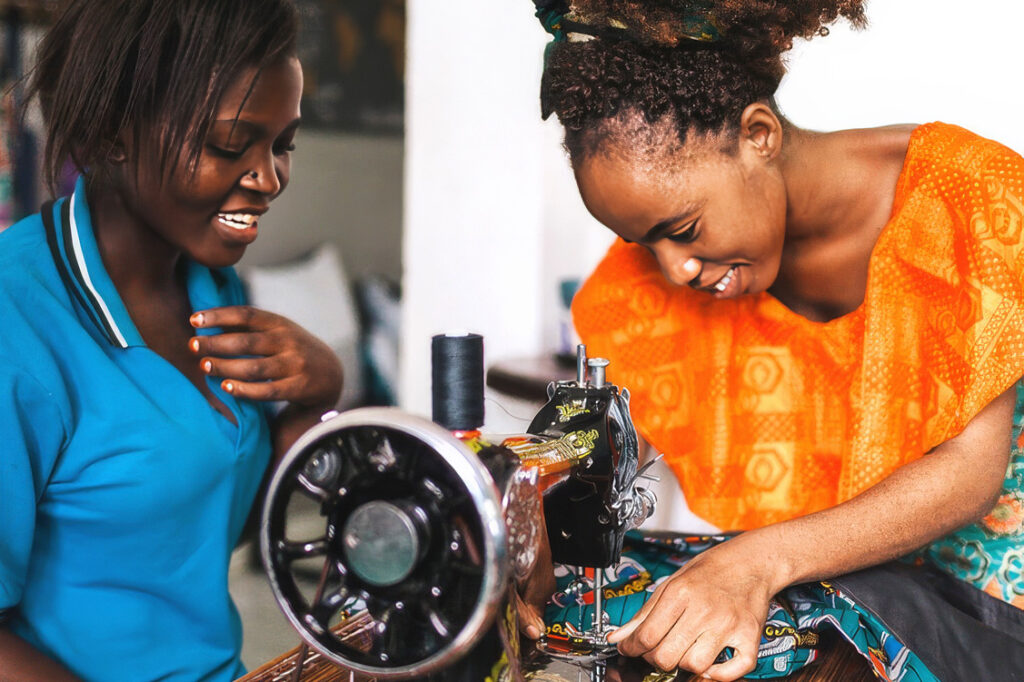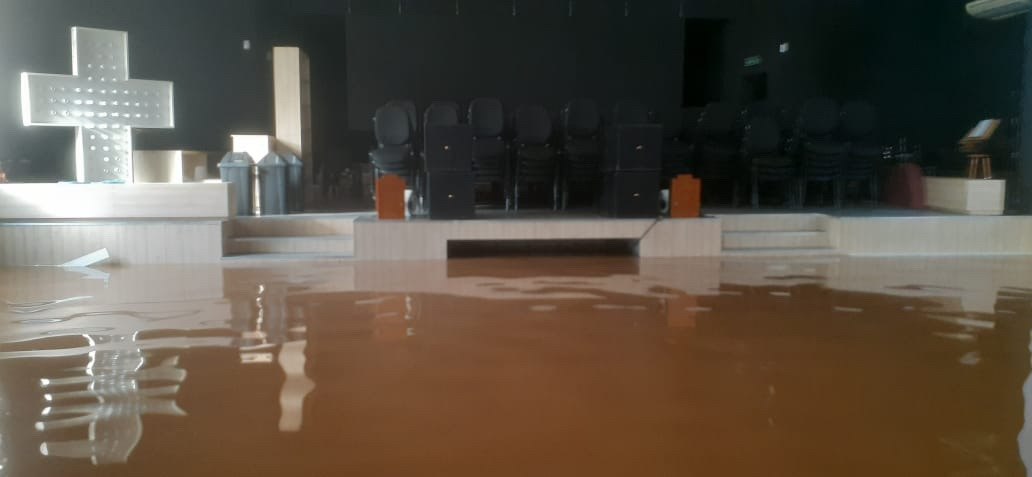On May 16, 2017, I flew halfway around the world with eight teammates to a land I literally could not believe.
South Asia truly overwhelms the senses. The sights, sounds, tastes and smells all barrage new arrivals, and the heat amplifies them all. It takes days to process much of anything. Within this chaotic explosion of experiences, one must relearn every normal activity—eating, showering, opening doors, using bathrooms, dressing, drinking water, shopping, and walking in town—all made brand new.
But “how to live in overseas” wasn’t the greatest lesson I brought back to the States with me, as humbling as that was. I brought home more than the standard set of traveler’s stories and trinkets. I returned carrying the smiles, laughs, and love received from my brothers and sisters—members of the family of Christ, the global church, suffering for the gospel.
A Christian takes her place among a multitude of siblings, all graciously adopted. To be in God’s family is to have the gift of belonging, through the finished work of his Son. And although I knew this already, my six weeks in a new land revealed the sweetness of the family of God on a level which I had not yet experienced.
In the South Asian church, Sunday worship services consoled me when I was tired, hot, and ill. There were no fog machines, lasers, or Starbucks-style cafes to exalt my senses—only my flesh-and-blood South Asian brothers and sisters in the Lord, assembled together as the body of Christ. Maybe believers in parts of the world like this understand that a little better than Americans do.
The national believers I met cherish church because it’s home. Several of them received beatings or ostracization from their family for attending. It’s the members of the church who receive them affectionately and care for each other, studying the Word together and fellowshipping as one.
I think that’s why the believers I met live and serve together all week long. Those who can come to feast on the Word mid-week always do. On the wall by the fridge in the basement sanctuary, a list of volunteers and church chores is filled with names—most of them repeated three or four times—because there’s so much to do, yet so few to do it. Yet there is always food, prayer, and unashamed, off-key singing with hand motions, arrhythmic clapping, and smiling.
I found my own appreciation for the church dwarfed in comparison to theirs. During corporate worship, each element of the gathering is savored. Songs, reading, prayer, giving, preaching and fellowship are cherished throughout the week. I couldn’t help but think of how many of our American churches take for granted their comparatively trivial time for coffee and fellowship.
In the national churches, corporate prayers are packed full of specific requests and expressions of gratitude for each and every meeting and blessing—and all this in two languages! Of course, for an American, the service can drag a bit, but as I experienced it all as a newcomer, I relished the thought that God can hear prayers in two languages simultaneously.
Before serving short-term, South Asia existed only in my mind as an encyclopedia entry. My efforts to learn and prepare in advance did nothing to prepare me for the reality of a month and a half spent in such a radically different place on the other side of the planet. At first, I questioned coming. I realized I had nothing to offer a place in which I could barely sustain my own existence.
But as I grew to know our local believers, I learned that my spiritual family really is global. I discovered brothers and sisters to escort me into a new, chaotic-feeling culture—people for whom life in South Asia is simply ordinary life. For the first time, with this family’s help, I grasped that real people live here—real people who travel from the slums each day to serve in the church, ride rickshaws to their offices, and whip up fresh chai as quickly as we brew a pot of drip coffee. Yet these real people are just like me, because I sit with them at the same table of our Father.
Now, when I read of persecution in 1 Peter 5:9, tears come to my eyes—“knowing that the same kinds of suffering are being experienced by your brotherhood throughout the world” (ESV). Verses like this are about my brothers and sisters, people I know now by name, who have such worse suffering than I do. Yet they live on for Christ, full of joy and love for the church.
So what did I learn in South Asia? Not just how to ride a rickshaw, steep chai, or how to sit through a church service in two languages.
I met my family.





